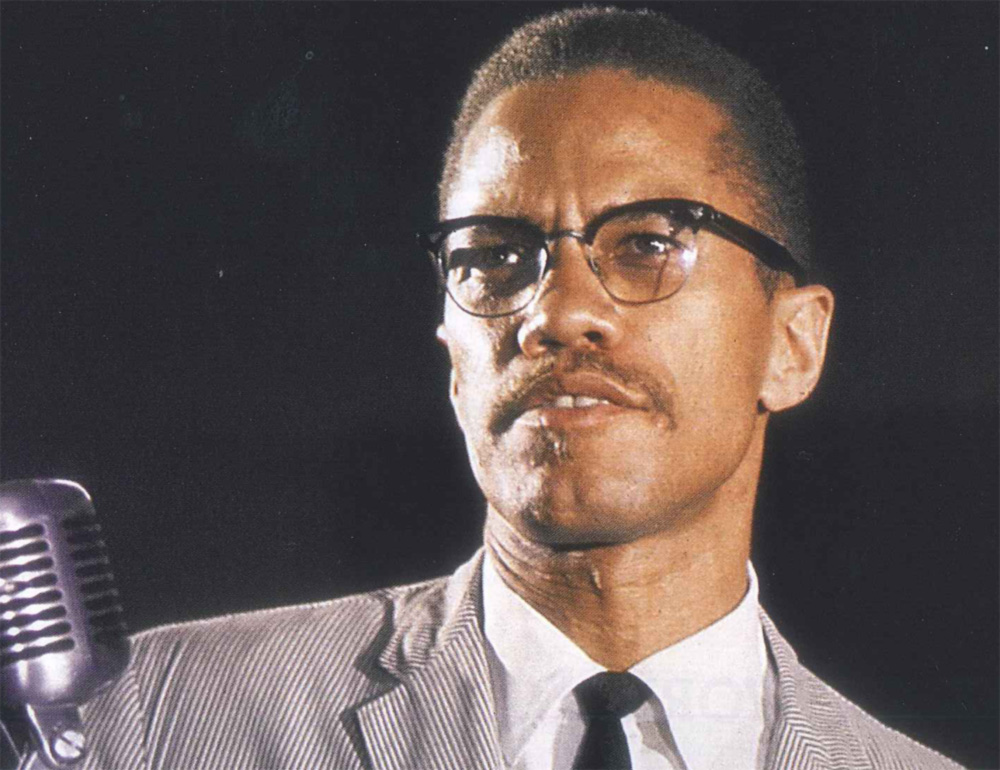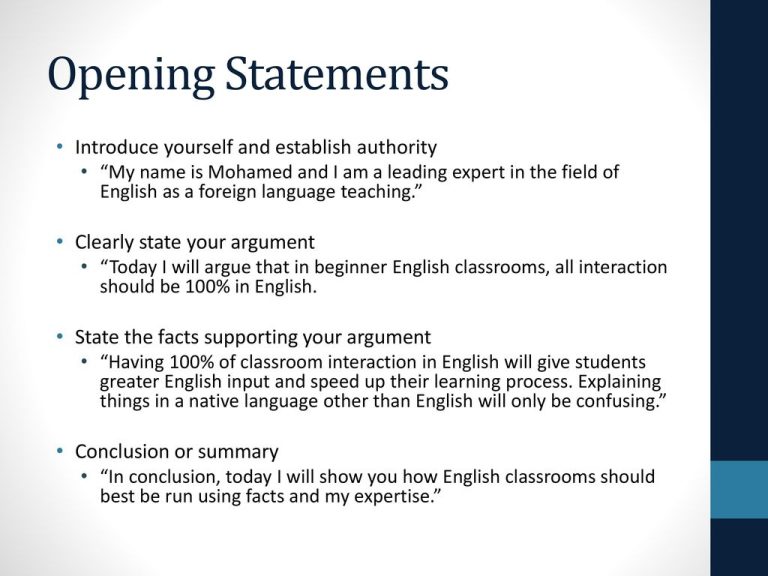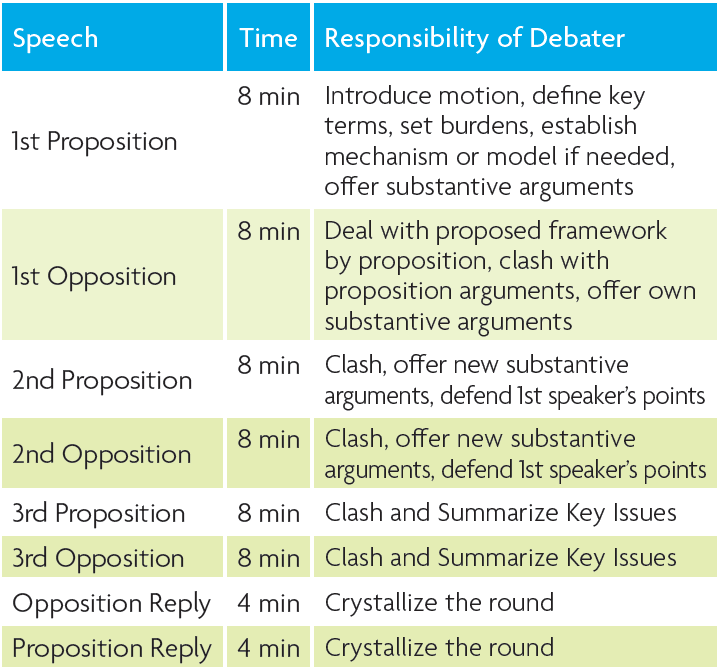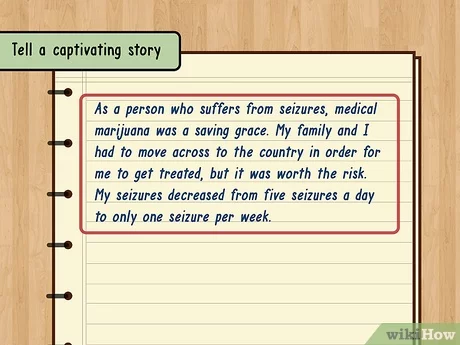Famous Debaters in History
Some famous debaters in history include Melvin Tolson, known as the great debater, and participants in the Lincoln-Douglas debates. The Lincoln-Douglas debates are considered one of the greatest debates in history, showcasing sharp minds and strong constitutions.
Other historical debates include religious views of Adolf Hitler, alternative theories of the location of Great Moravia, and the Auschwitz bombing debate. These debates highlight the importance of engaging in intellectual discussions and exploring different perspectives.
1. Aristotle: The Master Of Persuasion
Experience the brilliance of Aristotle, known as the master of persuasion, in the realm of famous debaters in history. His profound influence and skill in rhetoric continue to shape the art of debate even today.
Aristotle: The Master Of Persuasion
Aristotle, one of the greatest minds in history, was a master debater known for his exceptional persuasive skills. He made significant contributions to the art of debate and developed principles of persuasion and rhetoric that are still influential today.
Aristotle’S Early Life And Education:
- Born in 384 BC in Stagira, Greece.
- Studied under Plato at the Academy in Athens.
- Later became a tutor to Alexander the Great.
Aristotle’S Contributions To The Art Of Debate:
- Aristotle wrote extensively on the theory and practice of debate.
- He categorized different types of persuasion and identified logical fallacies.
- His work laid the foundation for modern debate techniques.
- Aristotle emphasized the importance of evidence, logic, and ethical appeal in debates.
The Principles Of Persuasion And Rhetoric According To Aristotle:
- Ethos: Establishing credibility and trust by presenting oneself as knowledgeable and trustworthy.
- Logos: Building arguments based on logic, reason, and evidence.
- Pathos: Appealing to the emotions of the audience to evoke a desired response.
- Aristotle believed that a combination of ethos, logos, and pathos is essential for effective persuasion.
Aristotle’s teachings on debate and rhetoric continue to shape our understanding of persuasive communication. His emphasis on logical reasoning, ethical appeal, and emotional connection remains relevant in modern debates. By studying Aristotle’s principles, debaters can enhance their skills and become more persuasive communicators.
2. Cicero: The Great Orator
Cicero, known as the great orator, was one of the famous debaters in history. His eloquent speeches and persuasive arguments made him a formidable figure in the realm of debate.
Cicero: The Great Orator
Cicero, one of the most influential figures in ancient Rome, was renowned for his exceptional speaking skills and profound knowledge of rhetoric. As a statesman, philosopher, and lawyer, Cicero made a significant impact on the art of debate, leaving a lasting legacy that continues to shape modern discourse.
Let’s delve into Cicero’s background, his famous speeches and debates, and his enduring influence on contemporary debate techniques.
Cicero’S Background And Rise To Prominence:
- Born in 106 BC in Arpinum, Italy, Marcus Tullius Cicero grew up in a modest family.
- He studied law, philosophy, and rhetoric in Rome, under the guidance of renowned teachers.
- Cicero’s impressive oratory skills quickly caught the attention of influential leaders, propelling him to prominence in Roman society.
- His unwavering commitment to justice, integrity, and the well-being of the Republic earned him respect and admiration from fellow Romans.
Cicero’S Famous Speeches And Debates:
- Cicero delivered numerous remarkable speeches throughout his career, showcasing his eloquence and persuasive abilities.
- One of his most renowned speeches, “In Catilinam” (Against Catiline), exposed a conspiracy to overthrow the Roman government, cementing his reputation as a fearless defender of the Republic.
- Another noteworthy speech, “Pro Milone” (On Behalf of Milo), defended a man accused of murder, employing his masterful rhetoric to sway the jury and secure acquittal.
- Cicero’s debates with political rivals, such as the distinguished senator Julius Caesar, were legendary and captivated audiences with their intensity and intellectual rigor.
Cicero’S Influence On Modern Debate Techniques:
- Cicero’s treatises on rhetoric, such as “De Oratore” (On the Orator), served as essential guides for aspiring public speakers and debaters for centuries.
- His emphasis on logical reasoning, effective persuasion, and the use of emotional appeals continues to shape contemporary debate techniques.
- Cicero’s concept of rhetorical devices, including the use of ethos, pathos, and logos, remains fundamental in crafting compelling arguments.
- His belief in the power of clarity, brevity, and delivery still resonates in professional debate arenas, like law courts, legislatures, and academic institutions.
Cicero’s legacy as a great orator and thinker endures through the centuries, making him an inspiring figure for those seeking to master the art of debate. Studying his speeches and adopting his techniques can provide valuable insights into the art of persuasive communication.
3. Frederick Douglass: The Voice Of Freedom
Frederick Douglass: The Voice of Freedom is a captivating exploration of one of the most influential debaters in history. With his powerful speeches and unwavering dedication to the abolitionist movement, Douglass left an indelible mark on the fight for freedom and equality.
Frederick Douglass: The Voice Of Freedom
Frederick Douglass was a prominent figure in history known for his exceptional debating skills and advocacy for freedom and equality. Born into slavery in the early 1800s, Douglass defied the odds by escaping bondage and becoming one of the most influential orators and writers of his time.
His powerful speeches on abolitionism and civil rights continue to resonate with audiences today, highlighting the importance of his impact on the fight against slavery and racial inequality.
Frederick Douglass’ Background In Slavery And Education:
- Douglass was born into slavery in Maryland around 1818.
- He endured the harsh realities of servitude, witnessing the brutality inflicted upon slaves.
- Despite being denied formal education, Douglass’ desire for knowledge led him to learn how to read and write. This newfound ability empowered him to understand the injustices of slavery and gave him a platform to later speak out against it.
Douglass’ Powerful Speeches On Abolitionism And Civil Rights:
- Douglass was a passionate advocate for the abolition of slavery and equal rights for all individuals.
- His speeches, filled with emotion and logic, captivated audiences and exposed the evils of slavery.
- Douglass used his eloquence to convey the inherent dignity and humanity of all people, regardless of their race or background.
- His most famous speech, “What to the Slave is the Fourth of July?” Delivered in 1852, challenged the hypocrisy of celebrating independence while countless individuals remained enslaved.
Douglass’ Impact On The Fight Against Slavery And Racial Inequality:
- As a key figure in the abolitionist movement, Douglass played a crucial role in raising awareness about the atrocities of slavery.
- His ability to connect with people through his speeches and writings mobilized many to join the fight against slavery.
- Douglass also worked closely with other prominent figures like Abraham Lincoln to push for legislative change and advancements in civil rights.
- His autobiography, “Narrative of the Life of Frederick Douglass, an American Slave,” shed light on the hardships of slavery and became a powerful tool for convincing others to support the abolitionist cause.
Frederick Douglass’ unwavering commitment to freedom and equality continues to inspire generations, reminding us of the power of words and the importance of standing up for what is just. His legacy as a great debater and advocate for social change lives on, a testament to the enduring impact one individual can have on the course of history.

Credit: magazine.columbia.edu
Frequently Asked Questions On Famous Debaters In History
Who Was Known As The Great Debater?
Melvin Tolson, a former resident of Independence, is known as the great debater. He gained recognition through the 2007 movie “The Great Debaters,” directed and starred in by Denzel Washington. The film depicts the story of Melvin Tolson, highlighting his impressive debating skills.
Although not a household name, Melvin Tolson’s legacy as a skilled debater lives on through the film. Melvin Tolson possesed exceptional talents in the art of debate, which earned him the title of the great debater.
What Is The Biggest Debate In History?
The biggest debate in history is often considered to be the Lincoln-Douglas debates. These debates were a series of seven conversations between Abraham Lincoln and Stephen Douglas in 1858. They lasted for more than three hours each and covered various topics such as slavery and the future of the United States.
The debates attracted large crowds and had a significant impact on public opinion during that time. The Lincoln-Douglas debates are remembered for their eloquence and intellectual depth, showcasing the power of reasoned argument and critical thinking. These debates have become a symbol of political discourse and have influenced subsequent debates throughout history.
What Are Some Historical Debates?
Some historical debates include religious views of Adolf Hitler, alternative theories of the location of Great Moravia, the assassination of Empress Myeongseong, and the Auschwitz bombing debate. These debates have sparked controversy and differing opinions among historians and scholars. They shed light on significant events and figures in history, provoking discussions about their impact and implications.
Historical debates play a crucial role in shaping our understanding of the past and challenging established narratives. By examining different perspectives and evidence, historians can uncover new insights and revise existing interpretations. These debates demonstrate the dynamic nature of historical research and the ongoing pursuit of truth in understanding our collective past.
What Is The Story Behind The Great Debaters?
The Great Debaters is a movie directed by Denzel Washington that tells the story of Melvin Tolson. Melvin Tolson was a famous debater and professor who coached the Wiley College debate team during the 1930s. The story follows the journey of the team as they face various challenges and overcome racial discrimination to become one of the top debaters in the country.
The movie is based on true events and showcases the power of words and the importance of education in overcoming adversity. It highlights the impact of effective communication and critical thinking skills in shaping society and inspiring change. The Great Debaters received critical acclaim for its powerful storytelling and strong performances.
Conclusion
In the realm of debate, history has bestowed us with some legendary figures who have left an indelible mark on humanity. From the Lincoln-Douglas debates to the eloquence of famed speakers like Malcolm X and Winston Churchill, these great debaters have shaped the course of nations and challenged the status quo.
Through their words and persuasive arguments, they have ignited change, sparked intellectual discourse, and championed justice. Their mastery of rhetoric and ability to sway opinions has left an enduring impact on society, reminding us of the power of effective communication.
As we look back at these historical debates, it is clear that the art of debating transcends time and continues to shape our world today. It serves as a reminder of the importance of critical thinking, effective communication, and the power of well-reasoned arguments.
So, let us salute these famous debaters in history, for their legacy lives on in the realms of politics, social justice, and intellectual pursuits. May their passion and prowess inspire future generations to engage in meaningful debates that have the potential to shape a better world.




